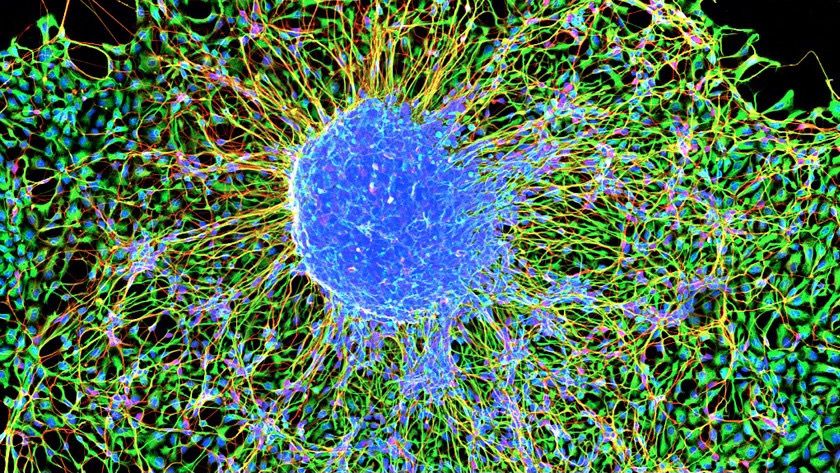In 2016, researchers at the Salk Institute showed that activating certain genes associated with embryonic development could “reprogram” the age of cells and boost the age of mice. Last year, they even managed to use the process to restore vision in old mice.
But the natural “reprogramming” described in the new Harvard study is unlikely to be exactly the same and may be far more comprehensive as it resets cellular age to ground zero, rather than simply reversing it by a few years.
Now that they know when this process happens, the researchers hope they can discover what the actual mechanism is, how similar it is to artificial cellular programming, and whether it can be induced in normal adult cells to rejuvenate them. That’s likely to be a long road, but could eventually lead to major breakthroughs in longevity science.
